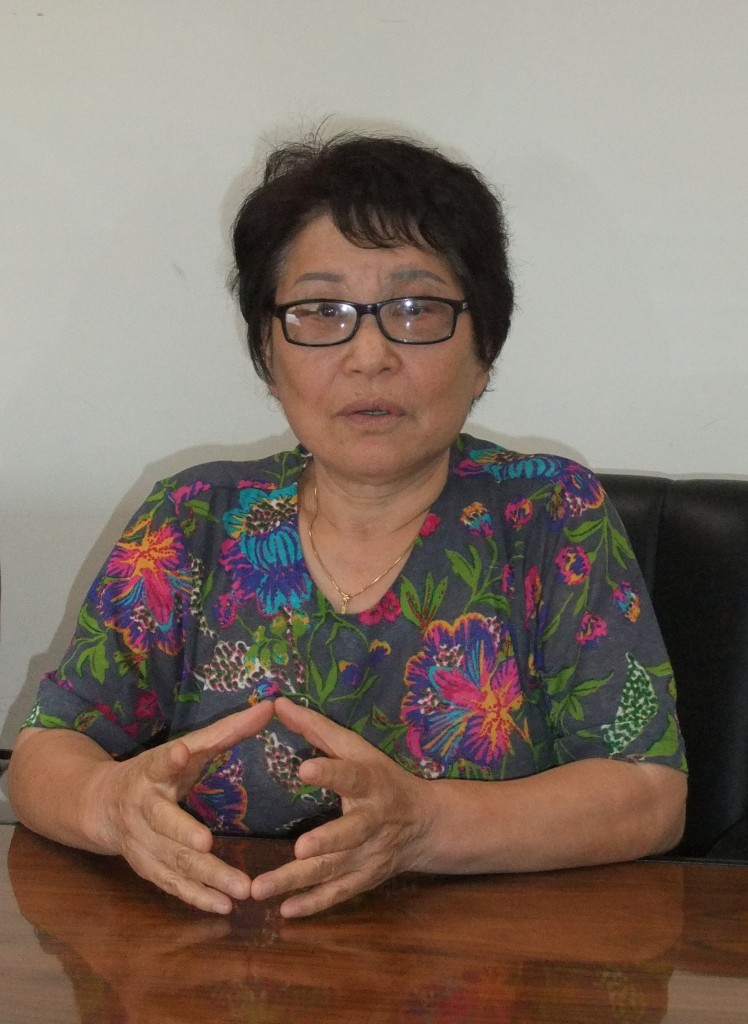- California Assembly OKs highest minimum wage in nation
- S. Korea unveils first graphic cigarette warnings
- US joins with South Korea, Japan in bid to deter North Korea
- LPGA golfer Chun In-gee finally back in action
- S. Korea won’t be top seed in final World Cup qualification round
- US men’s soccer misses 2nd straight Olympics
- US back on track in qualifying with 4-0 win over Guatemala
- High-intensity workout injuries spawn cottage industry
- CDC expands range of Zika mosquitoes into parts of Northeast
- Who knew? ‘The Walking Dead’ is helping families connect
L.A. woman acquitted 30 years after getting convicted ‘for quoting politician’s words’
By Kim Hyung-jae
A woman who was tortured and found in violation of national security law in Korea after quoting a politician’s words from a newspaper was acquitted Thursday after 30 years.
Jung Jung-ja, 70, was convicted of violating Article 7 (praise of North Korea, incitement) of the law on Oct. 10, 1984 and sentenced to one year in prison, one year of suspension and two years of probation.
The Suwon District Court, upon acquitting Jung, said the original sentence had been given without evidence and was a breach of the constitutional freedom of speech.
In 1981, Jung worked as a tour guide manager at a bus company in Suwon.
One of the tour guides at the company dormitory asked why Kim Dae-jung was going to prison all the time.
Jung, in response to the tour guide’s question, cited a newspaper article she had read: “Kim Dae-jung said in 1973 that although the North has no freedom, but the do provide bread.”
Kim, who was elected to the presidency in 1998, was at the time an opposition leader accused of sedition and sentenced to death by dictator Chun Doo-hwan.
“Chun Doo-hwan, who came from the military, is trying to be president, so watch what you say. You could get caught and taken,” Jung told the guide.
On Sept. 15, 1981, she was arrested by Sungnam police without a warrant. For one week, she was not allowed to contact her family, beaten and tortured, she said.
Jung was indicted for giving advantage to anti-government organizations by a court under Chun’s military rule. Chun’s dictatorship continued until 1988.
Thirty years later, Jung greeted news of her acquittal with tears.
“They blinded and deafened a citizen of the country just for saying one thing I wanted to say,” Jung said. “I hope Korea becomes a society in which fair investigations and sentences are carried out under the law.”
After being tortured, Jung could not live a normal life, having been mentally damaged, she said. Even after her immigration to America, she could not escape her trauma and still receives treatment at a psychiatric hospital.
“When Korean judicial agencies carry out investigations under a set-up and ignore the fair execution of law, people like me get hurt,” she said. “I hope judicial justice in Korea stays alive.”













